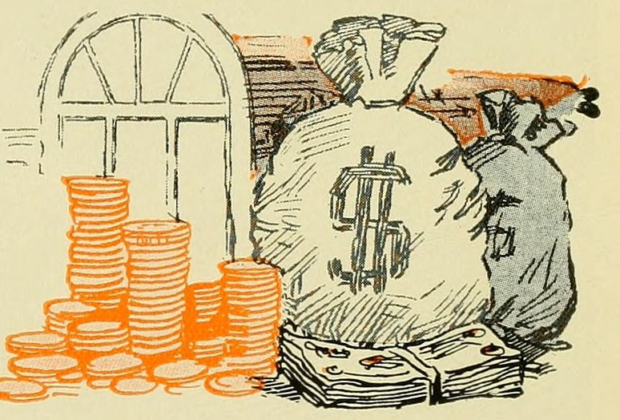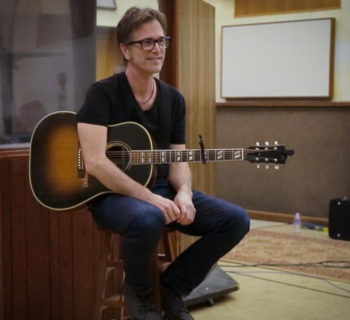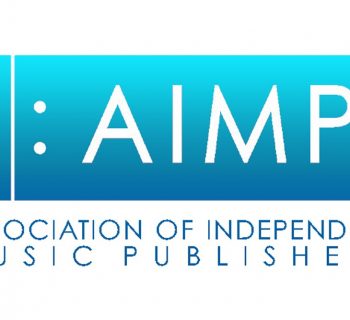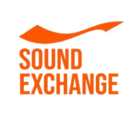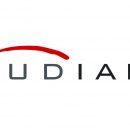Many creators wear multiple hats while juggling the business of music. Overseeing production schedules and budgets, coordinating release dates, uploading tracks to the appropriate services and registering works with all relevant societies can be both time consuming and extremely frustrating—frequently resulting in critical pieces of information falling through the cracks. Too often, the importance of fully registering accurate metadata is lost, leaving money on the table. Consequently, music creators have been losing out on billions of dollars globally. When music is streamed, downloaded or digitally broadcast, there are royalties due for the performance in a sound recording payable to copyright owners and performers in addition to those for the composition.
Exploring these untapped revenues and how to monetize recordings based on domestic and international regulations cannot be fully addressed in just one short article, but I will attempt to provide the tools and guidance to point you in the right direction.
What is Equitable Remuneration?
The right to equitable remuneration is the right of all recording artists to be paid fairly for the broadcast and public performance of their works. For many years composers and publishers have received royalties from the broadcast or public performance of their songs. In the US, these royalties are collected by PROs such as ASCAP, BMI, SESAC and GMR. For nearly 80 years, performers throughout Europe enjoyed these rights. However, it was not until 1992 with passage of the Audio Home Recording Act that provided US performers for the first time with a private copyright in sound recordings.
Following that, in 1998 with the passage of the Digital Millennium Copyright Act, the door was finally opened to equitable remuneration in the US for artists and record companies, bringing us at least a little more in line with the rest of the world. This right to equitable remuneration is often referred to as a “Neighboring Right,” as it is a neighbor to rights that exist for composers and publishers. Technically the term “Neighboring Right” is only applicable to those royalties outside the US. Since our rights are a bit more limited than those in Europe and parts of Asia, ours are more correctly referred to as equitable remuneration or public performance rights in sound recordings.
Up until this time, no matter how often a song was played, only the songwriter and publisher received royalties. In Europe and parts of Asia these rights include all broadcasts, including terrestrial radio (e.g. AM/FM), all the various digital platforms, and private copy royalties, while in the US we are limited to just a few of these rights (Digital Subscription Services, Webcasting and Private Copy). What this meant in the past was that while US sound recordings were by far the most played recordings in the world, US performers could not share in any of these royalties because performers were not paid for these rights in the US. The failure of the US to sign international copyright treaties (Berne Convention in 1886, which set the precedent for international copyright protection and the Rome Convention of 1961, which established a performance right in sound recordings) meant the loss of hundreds of millions of dollars in lost royalties to US performers.
How much is out there?
• Industry sources report global digital income from streaming subscription services, downloads and ad revenue around videos grew 19% to $9.4bn in 2018 to account for 54% of global revenues.
• SoundExchange (in the US) collected in excess of $1bn last year alone.
• Royalties in the US are divided 50% to the Rights Owner, 45% for the Featured Artist and 5% collectively to the Non-Featured performers. In Europe and Asia, the ratio between Featured and Non-Featured performers varies from territory to territory (although the Rights Owner will always receive a minimum of 50%) versus non-featured varies.
How do I get my fair share?
• Featured Artists, Rights Owners (e.g. record companies, DIY Artists who own and/or control their masters) and Record Producers who have an LOD with a Featured Artist need to register in the US with SoundExchange for the collection of royalties for non-interactive subscription services and webcasting.
• Featured Artists and Rights Owners need to register in the US with AARC (Alliance of Artists and Record Companies) for private copy royalties.
• Non-featured performers (session musicians, background vocalists, record producers who contributed a musical contribution to the recording) are paid by the AFM & SAG-AFTRA Intellectual Property Rights Distribution Fund for domestic royalties based on a playlist of top performed recordings (union and non-union). There is no registration prerequisite. The Fund does collect some foreign royalties for union members, but does not collect foreign royalties for non-members.
• Featured Artists, Non-Union Performers and Rights Owners can register with one or more foreign CMOs (Collective Management Organizations - e.g. foreign collecting societies such as PPL in the UK, GVL in Germany, etc.). Or, these Artists and Rights Owners can sign with an Agency to coordinate all of this for them.
Other Options
• Absent reciprocity, Rights Owners can still register their works with foreign CMO’s and collect neighboring rights, even when the CMOs would otherwise not pay an artist because the recording was not made in a country signed to the Rome Convention (i.e. the US, Iraq, Iran, Guam).
Other Important Info
• Having a distribution deal, uploading sound recordings on TuneCore, CD Baby, DistroKid, etc., registering your songs with ASCAP, BMI or SESAC will NOT get you Neighboring Rights royalties for the public performance of the sound recording. These organizations collect royalties such as mechanicals and interactive. Featured Artists and Rights Owners must register with multiple CMOs or engage an experienced representative or organization to handle this for you in order to collect these rights.
DENNIS DREITH is a recognized expert on Intellectual Property Rights and a frequent lecturer and panelist on this topic. He is the Chairman of Transparence Entertainment Group, a music rights organization that collects and distributes worldwide performance royalties on behalf of recording artists, master rights holders, producers, and DIY music creators. For more information on uncovering specific details involved in properly registering works that result in increased royalties worldwide please visit teg-intl.com. Money Sounds Good, Right?

